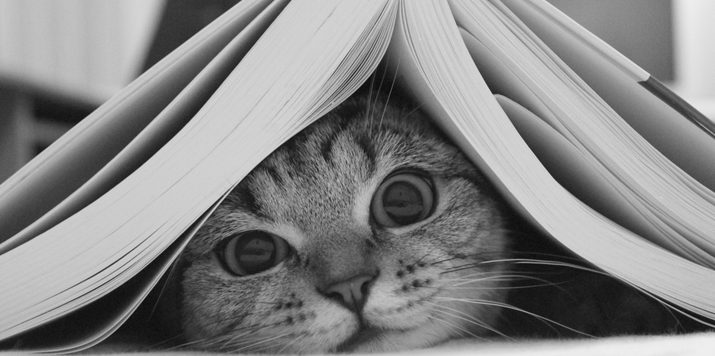I’ve always had a soft spot for a bad boy. Too-long hair, perhaps a piercing, a hint of a tattoo and a dangerous glint in the eye have long been my downfall. Perhaps this is why my favourite Mills & Boon heroes include the seductively sinful rakes of Historical, the dark and sexy vampires of Nocturnes and the notorious playboys of Modern. And so – when the Mills & Boon editorial team hit the cinema last week – I was fascinated by the outrageously extravagant, wickedly charismatic Jordan Belfort in recently released The Wolf of Wall Street, played to perfection by the delicious Di Caprio (who I have hearted since blubbering over Titanic many years ago).
I was alternately disgusted by Belfort’s excesses, and seduced into his compellingly glamorous world. While I was shocked by his ruthless pursuit of wealth, I couldn’t help but be utterly charmed by his irresistible charisma – and a certain ‘Robin Hood’ quality as he screws the system. Would I myself really be able to hold on to my morals, given the opportunity to be revoltingly, stinking, filthy rich?
Many of our darker Mills & Boon heroes can be compared to Jordan Belfort in their anti-hero qualities – the Modern rogues in particular on their path to self-destruction with their hedonistic lifestyles. And yet we can’t help but love them for it. As readers, what does it say about us that we can be so blissfully claimed by the dark side? And is there a limit here – what behaviour is so bad it causes us to lose sympathy for a hero, and is just beyond redemption?
In The Woman Sent To Tame Him (Modern, March, Victoria Parker), Finn St George’s excessive playboy behaviour is a way of blocking out deeper emotional turmoil. The catalyst for his story is when he meets Serena Scott – the woman tasked with getting him back on track – and finds himself falling for her, hard. Modern heroes can be many things – ruthless, controlling, dominating, hedonistic, excessive, arrogant – but their playboy lifestyles and domineering personalities usually hide damaged hearts and troubled pasts. And even at his most irredeemable, like Jordan Belfort, a Modern hero has an irresistible charm – is this simply due to charisma? Or is it because their negative behaviours are actually cries for help, which, like their heroines, we can’t help but respond to?
The turning point for Jordan Belfort is when he almost hurts his young daughter when he crashes his car, and when his friend betrays him and he quickly learns there are no friends on Wall Street. This is when we really feel for Jordan – he is human after all, like us. And the turning point for a seemingly irredeemable Mills & Boon rogue, rake or playboy is when he finally opens his heart to his heroine. When all that emotion that he has been hiding for so long does come out, it’s all the more compelling with an ‘anti-hero’ because, as we’ve hoped for all along, deep beneath that shallow surface there is a true depth of feeling.
As an editor, part of my job is to ensure authors stay on the right side of that fine line between redeemable and irredeemable with their characters. Jordan Belfort would not pass muster as a romance hero because he goes that little bit too far. Perhaps our heroes have an advantage here though – they are lucky enough to find love, and with it the hope of redemption. And this is what pulls them back from the brink of a Belfort-esque downfall…
So… do you love a bad boy? Or do you prefer your heroes to come with less of a clouded moral code? I’d love to hear your thoughts on what makes the most captivating ‘anti-hero’, and what kind of behaviours are just a step too far…


